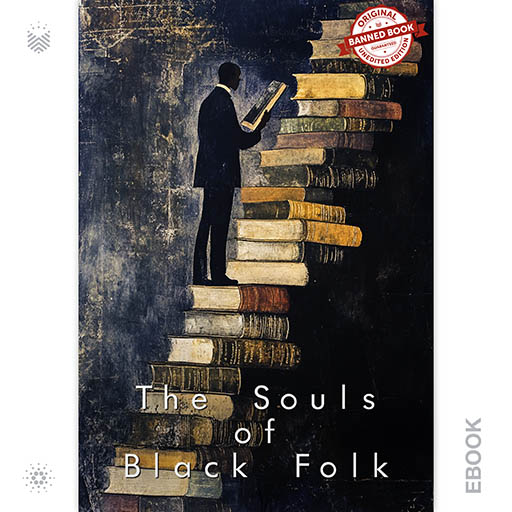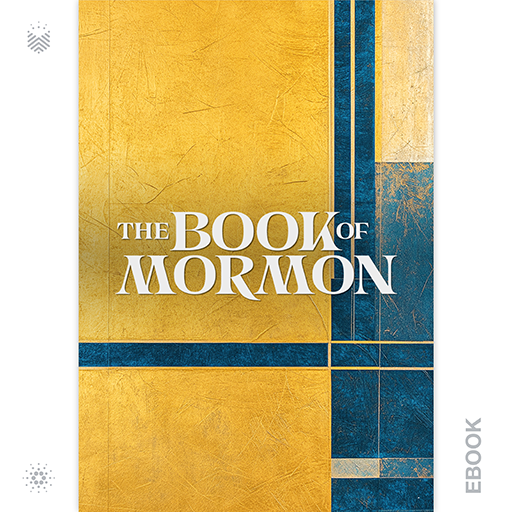by Sarah Cook
Career development is no longer a case of climbing the corporate ladder.
The world of work has changed dramatically in the past decade – and so have our expectations. Changing jobs, roles, locations, sectors and careers is becoming the new normal. Furthermore, the shift to remote working due to the COVID-19 pandemic has dramatically altered the work landscape and, for many, has led to reflection and a desire for a career change.
… Read More
by Alan Calder, Steve Watkins
Recommended textbook for the UK Open University’s postgraduate information security course and the recommended text for all IBITGQ ISO 27001 courses
In this updated edition, renowned ISO 27001/27002 experts Alan Calder and Steve Watkins:
Discuss the ISO 27001/27002:2022 updates
Provide guidance on how to establish a strong IT governance system and an ISMS (information security management system) that complies with ISO 27001 and ISO 27002
Highlight why data protection and information security … Read More
by Phillip Wood
Understand how organizations think, plan, and deliver on the resilience ‘mission’ and how they should adapt when challenges arise.
Read More
by Bridget Kenyon
Ideal for information security managers, auditors, consultants, and organizations preparing for ISO 27001:2022 certification.
Read More
by Alan Calder
Winner of “Best Cyber Book of the Year” at The Real Cyber Awards 2023!
The book will give you a good understanding of the fundamentals of cybersecurity and resilience, without tying them to specific standards, frameworks, or solutions, and provide an excellent starting point for any cyber resilience implementation project.
Read More
by Barry Kouns, Jake Kouns
Buy this book today and understand how to maximise the benefits of the CISO’s role in your organization!
Read More
by Alan Calder
ISO 27001 is one of the leading information security standards. It offers an internationally recognized route for organizations of all sizes and industries to adopt and demonstrate effective, independently verified information security.
This book will help you understand:
How ISO 27001 and ISO 27002 can benefit your organization
The requirements of ISO 27001:2022 and ISO 27002:2022
The ISO certification process
Key terms and definitions used within these standards
by Stephen Hancock
The PCI DSS (Payment Card Industry Data Security Standard) is at v4.0. The withdrawal date for v3.2.1 is March 31 2024. Many organizations around the world – particularly those that fall below the top tier of payment card transaction volumes – are not yet compliant with the latest version.
This book:
Explains the fundamental concepts of PCI DSS v4.0
Is a perfect quick reference guide for PCI professionals, or a handy introduction for new staff
Covers the consequences of a data breach
Descri… Read More
by Alice Turley
On October 12, 2022 the EDPB (European Data Protection Board) endorsed the Europrivacy™/® certification scheme. This is the first certification mechanism, or data protection seal, that entities can achieve to demonstrate their compliance with the GDPR (General Data Protection Regulation) and other national data privacy obligations.
This guide introduces the following key elements of Europrivacy:
Preparing for certification.
The certification criteria.
The GDPR core criteria.
Complementary co… Read More
by W. E. B. Du Bois
The Souls of Black Folk by W.E.B. Du Bois, first published in 1903, is a seminal work in African American literature and sociology. Through a series of essays, Du Bois explores the profound impact of racism on the lives of Black Americans in the post-Civil War era. He introduces the concept of “double consciousness,” describing the internal conflict experienced by Black people who are forced to see themselves through the eyes of a racist society. The book delves into the history of A… Read More
by Adam Smith
“The Wealth of Nations” by Adam Smith revolutionized economic thought and remains a cornerstone of modern economics. In this seminal work, Smith explores the principles of capitalism, arguing that free markets, competition, and self-interest drive economic prosperity. Smith’s insights into the division of labor, the invisible hand of the market, and the role of government intervention continue to shape economic policy and theory to this day.
… Read More
by Leonardo da Vinci
Rare Evo Exclusive
The Notebooks of Leonardo da Vinci unlocks the mind of a genius, revealing a treasure trove of sketches and ideas that blend art and science in groundbreaking ways.
Read More
The Hebrew Tanakh represents the foundational religious and historical text for Judaism. It serves as a source of religious guidance, law, and inspiration for Jewish communities around the world.
Read More
by The Church of Jesus Christ of Latter-day Saints
The Book of Mormon, a foundational text in the Latter-day Saint movement, first published in 1830, marking the culmination of a series of revelations received by Joseph Smith, Jr., the movement’s founder. The book claims to be a record of ancient American prophets, chronicling their interactions with God and their religious and political struggles.
Read More
by Sir Edwin Arnold
The Bhagavad-Gîtâ is a sacred Hindu scripture, translated by Sr. Edwin Arnold, offers profound philosophical teachings and spiritual insights as it unfolds a dialogue between Prince Arjuna and Lord Krishna on the battlefield of Kurukshetra. Through this conversation, Arjuna grapples with moral dilemmas and existential questions while seeking guidance from Krishna, who imparts timeless wisdom and guidance on duty, righteousness, and the path to spiritual liberation. The Gita’s teachings t… Read More
The King James Bible (KJV), also referred to as the Authorized Version (AV), is a classic English translation of the Bible. Commissioned by King James I of England and first published in 1611, it has had a profound impact on English literature and religious worship.
Read More
The Quran, also known as Qur’an or Koran, is Islam’s central religious text, believed by Muslims to be a direct revelation from God.
Read More
by Aggie Lal
Biohack Like a Woman, written by health coach and biohacker Aggie Lal, is a revolutionary approach to weight loss and biohacking that’s made by a woman for women …
You—dieting again?! Three words that could ruin your day. Why? Because they sound more like an accusation than anything else. Making you feel self-conscious and embarrassed all at the same time, just like the other 71.9 million women trying to slim down each year, starving themselves with fad diets, and counting calories like… Read More
by Pascuala Herrera
Pascuala Herrera, a Mexican immigrant woman with a physical disability resulting from childhood polio, had the odds against her, yet she conquered simply by working hard, having unfailing faith, and finding her own life purpose. Although her mother always told her that “life was a valley of tears,” Pascuala learned that although there were many difficult moments in her life, there were also beautiful miracles that happened every day.
… Read More
by Mark Pettit
Three-time Emmy® award-winning anchorman and best-selling author turned actor, Mark Pettit pulls back the curtain on his fascinating life and career.
Read More
by Marsha Jacobson
An intimate and compellingly honest memoir of a woman coming into her own after profound pain and grief.
Raised to believe she’s a no-account, Marsha Jacobson falls prey to an assistant dean at her college, who knows a pushover when he sees one. Afraid to say no, she agrees to marry him and move to Japan. A chance meeting with a Mattel Toys executive leads to a high-stakes job, and as success boosts her confidence, Peter becomes more abusive. After they return to America, she escapes from him … Read More
by James R. Adair
The throbbing sound of the steam-driven pistons and sight of the flashing drive-rods quickened the boy’s pulse. He had heard and seen it all from his bedroom window, but now he had stepped-in person-into the wonderful world of steam.
Read More
by Bill Cates, CSP, CPAE
#1 New Release in Sales & Selling Techniques
Never be at a loss for words again!
The secret to generating referrals and transforming personal introductions into new clients boils down to two key traits: confidence and fluency.
It’s all about mastering what you say – and how you say it – in a manner that inspires action while remaining completely natural and authentic to your personal communication style.
… Read More
























